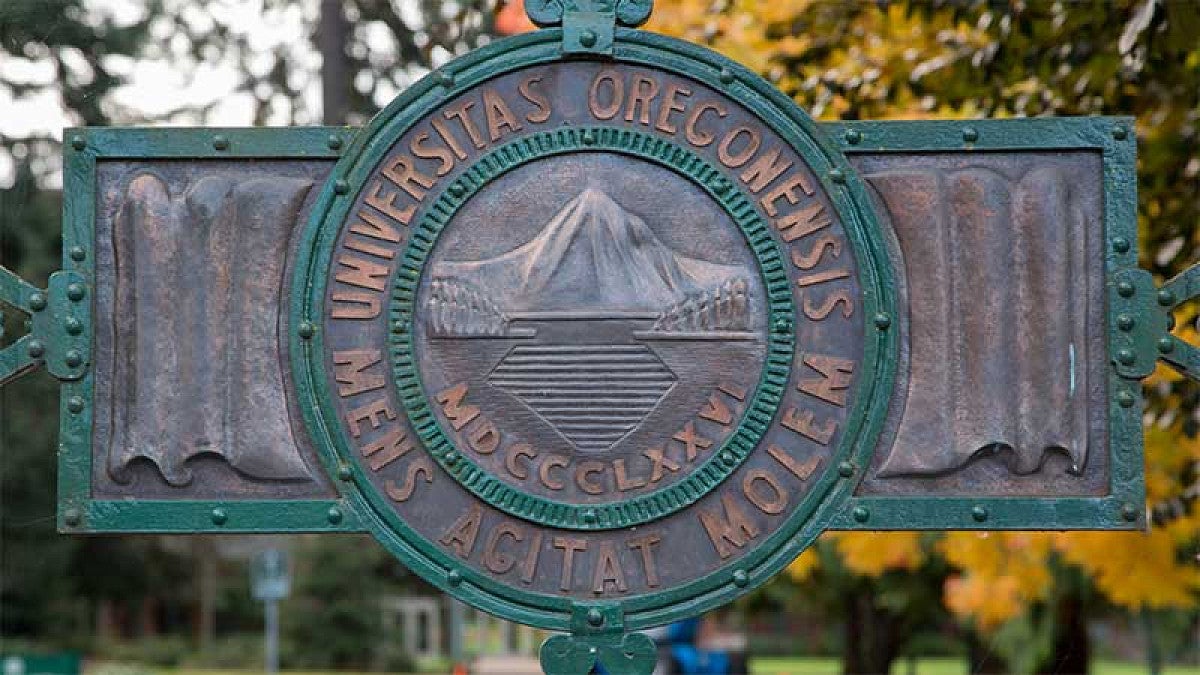The budget proposal recently released by Oregon Gov. Kate Brown for 2017-19 includes funding for several UO priorities, but without increased investment in higher education, the UO likely will be forced to raise tuition above 5 percent and make painful cuts to critical services.
Brown faced the difficult task of balancing Oregon’s budget with an estimated $1.7 billion operating shortfall for the next biennium. Her budget includes cuts to many state agencies and programs, as well as a proposal for more than $897 million in additional revenue. Any new tax increase will require the support of the Legislature, the business and labor communities, and other key stakeholders.
Two key construction projects vital to the university’s future received support in the budget: $100 million in bonds for the Knight Campus for Accelerating Scientific Impact over three biennia, with an initial investment of $34 million in 2017-19; and $44 million in bonds for the UO’s classroom and faculty office building.
“These capital projects will allow us to ease current capacity constraints that affect undergraduate students and faculty, as well as bring to life the vision of the new Knight Campus by focusing on endowing faculty positions, building out entrepreneurial programs and ensuring that researchers have the resources needed to bring forward basic scientific discoveries that can change the world,” said Hans Bernard, the UO’s assistant vice president for state affairs and special assistant to the president.
The governor’s budget also recommends $667.3 million in operating funds for all seven public university campuses in Oregon. As a result of increasing cost drivers — many of which are outside the UO’s control — that level of funding falls short of what is necessary to keep tuition increases under 5 percent and protect investments in student services and financial aid made over the last two years.
President Michael Schill and Provost Scott Coltrane have outlined some of the steps the university will take in the coming months to respond to the proposed in a recent message to campus.
The governor’s proposed budget marks the beginning of a process that will go through the end of the legislative session next July. Throughout that time, higher education supporters will be able to advocate for more investment in public universities and UO projects that will protect students and enhance the university’s ability to pursue excellence on all fronts.
“The UO stands ready to work with lawmakers for a better future for Oregon students,” Bernard said.
More information and other updates are available via the Government and Community Relations Update.


